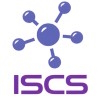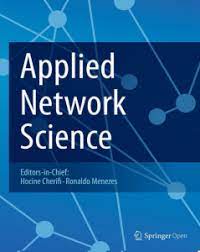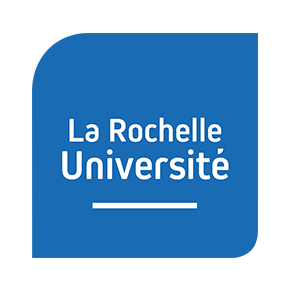Submission Deadline
March 02, 2026
Acceptance Notification
March 31, 2026
Author Registration
April 20, 2026
ISCS 2026 – 6th International Symposium on Complex Systems
🌍 New Name, Same Mission!
We are excited to announce that the former FRCCS – France’s International Conference on Complex Systems becomes the International Symposium on Complex Systems (ISCS) starting with the 2026 edition. This new name reflects our growing international scope while continuing the tradition of bringing together the global complex systems science community.
Following the success of the previous editions under the name FRCCS, the 2026 edition will inaugurate this new chapter as ISCS.
ISCS 2026 aims to bring together the global scientific community working on complex systems.
We encourage researchers from various disciplines to respond to this call and contribute to truly interdisciplinary exchanges (archaeology, biology, computer science, economics, geography, history, linguistics, management, mathematics, medicine, physics, statistics, sociology, …). ISCS 2026 is an opportunity to promote the cross-fertilization of ideas by presenting recent research, industrial developments, and innovative applications. Special attention is given to topics with a high societal impact from the perspective of complex systems science.
ISCS welcomes both methodological advances and interdisciplinary applications, with a special emphasis on research addressing major scientific challenges and societal impact.
TOPICS
We welcome contributions from all areas of complex systems science, including but not limited to:
• Foundations of Complex Systems
• Complex Networks & Graph Machine Learning
• Computational Social Science & Digital Platforms
• Data Science, AI & Simulation for Complex Systems
• Biological and Biomedical Complex Systems
• Neuroscience, Cognition & Linguistics
• Economic, Financial & Innovation Systems
• Urban Systems, Infrastructure & Sustainability
• Socio-Ecological & Environmental Systems
• Complex Systems in Physics, Chemistry & Engineering
The Microsoft CMT service was used for managing the peer-reviewing process for this conference. This service was provided for free by Microsoft and they bore all expenses, including costs for Azure cloud services as well as for software development and support.
Photo : « La Rochelle Université »


